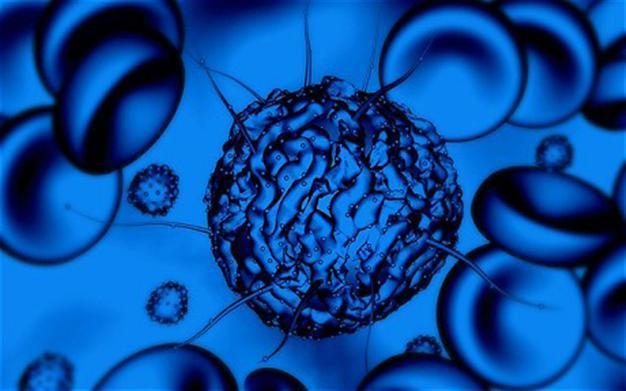Embryo test for breast cancer is feasible: study
PARIS - Agence France-Presse

Hürriyet Photo
A lab
test to screen embryos for inherited risk of breast or ovarian cancer is "feasible" but controversy surrounding this method is unlikely to be stilled, a fertility conference heard on Monday.
European researchers carried out the biggest-ever probe of a procedure to vet in-vitro embryos for gene mutations linked to these notorious cancers.
Their work, presented at a conference in Istanbul, declared the test is a reliable indicator of whether the
embryo carries the dangerous BRCA1 and BRCA2 gene variants.
Even so, these genes are by no means a guarantee that cancer will occur, which means a fierce debate over the technique will continue, they said.
The method, called preimplantation genetic diagnosis (PGD), entails taking cells from an IVF embryo while it is still in its earliest stage.
If the embryo does not carry the flawed genes, it is deemed ready for transfer to the uterus, the next step of in-vitro fertilisation (IVF). PGD has risen to prominence through screening for single-gene diseases such as cystic fibrosis that can doom a child to a life of sickness.
Its use is now being widened to cover the inherited risk for cancer, but this is still at a fledgling stage as doctors debate the pros and cons.
Presented at the annual conference of the European Society of Human Reproduction and Embryology (ESHRE), the new research looked at 717 IVF embryos that were screened for the BRCA1 and BRCA2 variants.
Seventy couples who took part in the study had sought PGD because one partner -- usually the woman -- had a family history of breast or ovarian cancer and they were afraid of handing on the risk to their child.
Of the 717 embryos, 43.1 percent carried a mutation while 40.7 percent were unaffected. The others either had gene abnormalities or analysis of them was inconclusive.
"Our results suggest that PGD for BRCA1 and BRCA2 mutations is feasible, with a good treatment outcome," Willem Verpoest, a professor at the Centre for Reproductive Medicine at Brussels' Free University, said in a press release.
"But controversy will still remain over the ethical acceptability of PGD for a susceptible, yet preventable, condition." Cancer is a disease with genetic and environmental triggers. Female carriers of either BRCA1 or 2 mutations have a lifetime risk of 60-80 percent of
breast cancer.
Carrying just the BRCA1 mutation carries a 30-60 percent risk of ovarian cancer in the course of a lifetime, which falls to five to 20 percent with BRCA2. Yet many of these cancers occur late in life and there are constantly improving options for preventing and treating them.
This means that someone with the unlucky genes has a very high chance of many years of healthy life -- and a good chance of not developing cancer anyway. In addition, many other genes play a greater or lesser role in cancer.
PGD has also stirred ethical questions beyond the medical field, with critics fearing it could be used as a tool for creating designer babies.
